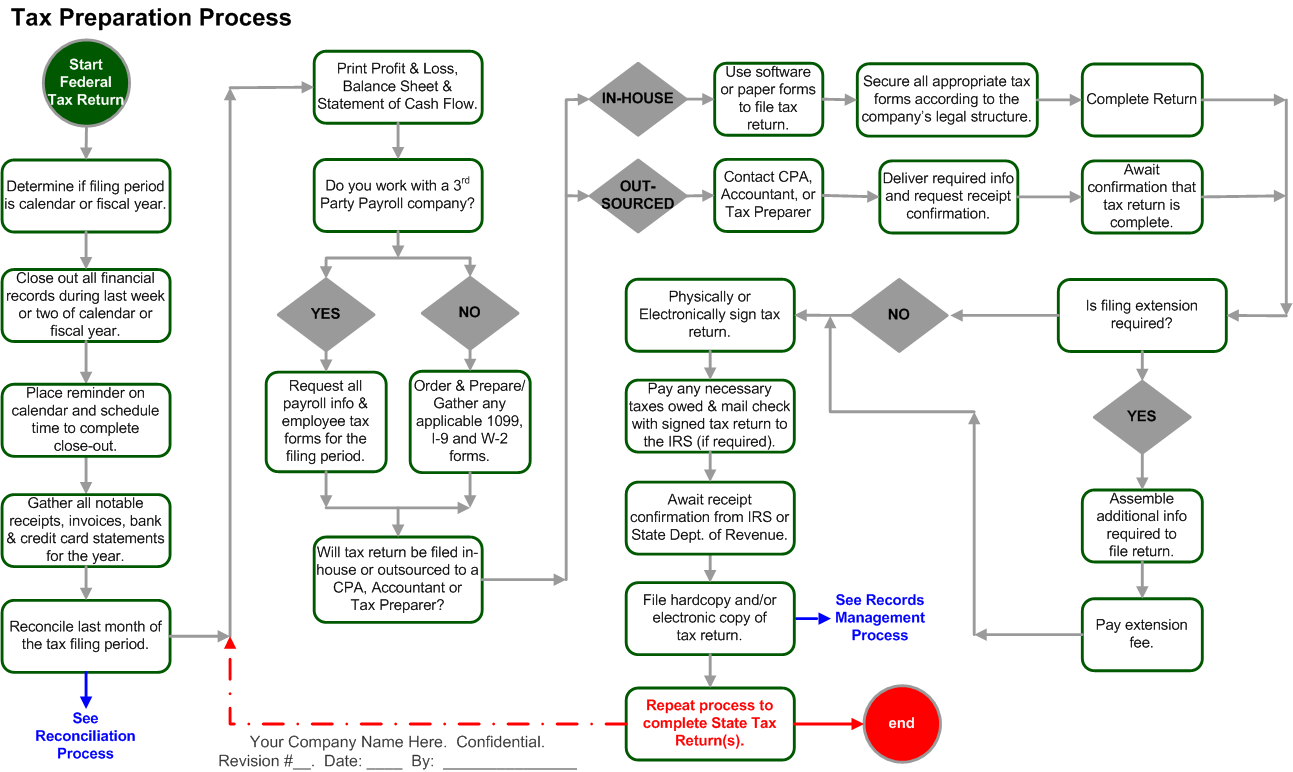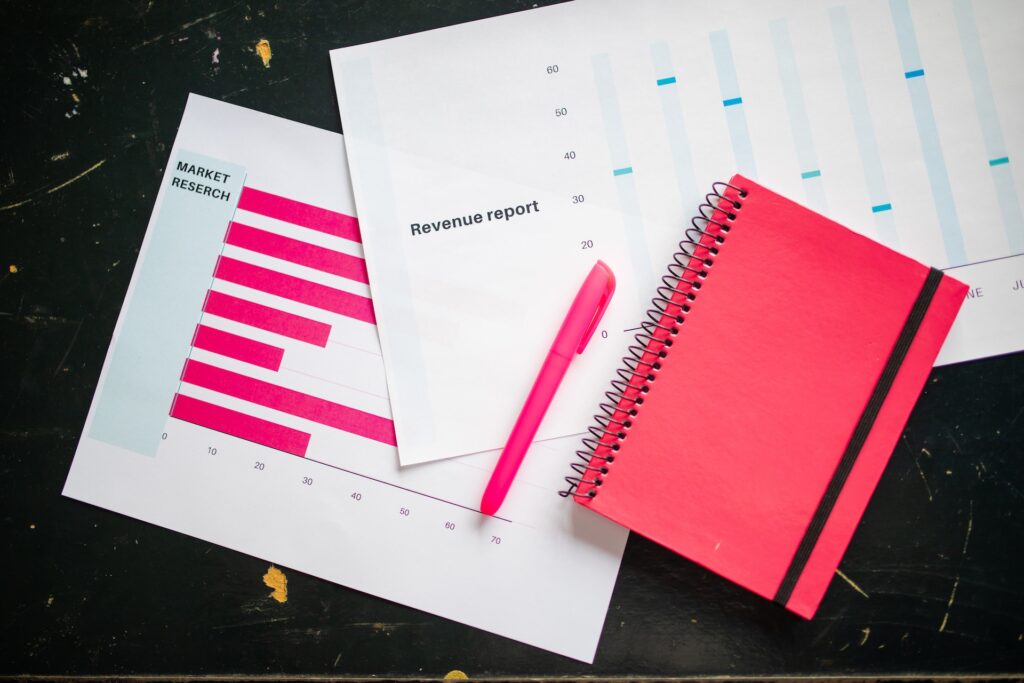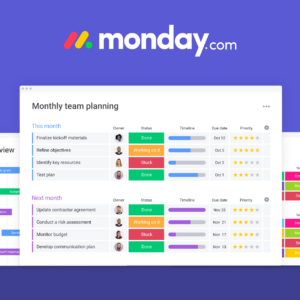By now you’ve hopefully filed your business’ federal and state tax returns or you’re getting pretty close to it.
So, how was it?
Was it painful? How long did it take you to find the information you needed? Were you able to find the information you needed to complete the returns? Did someone else help you file them?
If answering any of these questions is accompanied with hesitation, eye rolling, deep sighs, expletives or any other frustrating gesture, then a business process could be the answer.
I define a business process as the sequential steps necessary to produce a desired result. For example, if your desired result is to file tax returns and pay associated taxes on time, then you might consider documenting a tax preparation process. This is a process that would capture each step, in order, that must be followed in order to meet your desired result.
Here’s an example of what a Tax Preparation Process (in flowchart format) might look like:

5 Steps for Creating a Tax Preparation Process
- Write down all steps in the present tense and in order. Begin each sentence with an action verb. Using the example above:
- Determine if filing period is fiscal or calendar year.
- Close out all financial records during last week or two of fiscal or calendar year.
- Reference any additional human resources, tools, processes or systems that influence the process. This includes the Bookkeeper, Accountant, CPA or Tax Advisor you may work with. It can also include the specific software (i.e. QuickBooks, Peachtree Accounting) that is used to store financial records and your tax records filing system.
- Add a title to the header of the process. Add the appropriate copyright information and version number in the footer.
- Determine the benchmarks or Key Performance Indicators you’d like to use to measure whether or not the process is successfully executed. An example could be: “Zero Dollars in Filing Extensions” or “Tax Return Filed Before Filing Deadline.”
- Consider flowcharting your process. Sometimes it is easier for people who are more visual to follow a flowchart as opposed to regular text on paper. Flowcharting can also make it easier to identify opportunities to improve or streamline your process.
Other Tips
- A business process for organizing and preparing documentation is essential to ensuring your CPA, Accountant or Tax Advisor has all the information needed to file your company’s returns in a timely manner. It also ensures you don’t have to pay any unnecessary late fees or request filing extensions.
- If you don’t have the budget to hire an internal Bookkeeper or Assistant that can help you keep tax records organized throughout the year, then consider purchasing process templates from The Process ShopTM. Starting at $19, you can download an Accounting procedure or process that will not only give you ideas you may not have thought of before, but also gives you a starting point for creating a level of standardization and quality control in daily operations. These processes and procedures do NOT include tax return filing instructions and should not be used as a substitute for professional tax filing expertise.
- If you do not currently use an Accounting software, you can download FREE MS Excel templates offered by the Microsoft community that will allow you to electronically enter financial data throughout the year and create the financial reports necessary for filing tax returns.
Audits are Real
As an entrepreneur there’s no doubt you are a risk taker, but not having key processes in place to ensure your tax records are organized and returns filed on time is not just risky – it is dangerous. Poor recordkeeping, procrastination and chronic filing extensions often trigger financial audits.
And don’t just take my word for it. How many times have you heard stories of the rich and famous who had to shell out millions in fines as a result of either not reporting or improperly reporting their income and expenses. I found a recent article by Lou Carlozo where he candidly shared his firsthand account of being audited. He explains how and why freelancers, free agents and sole-proprietors are especially susceptible to auditing. Based on my experiences as a consultant, cash-intensive businesses are also susceptible to auditing (i.e. low cost restaurants, moving companies).
The IRS cites that “Selecting a return for audit does not always suggest that an error has been made. Returns are selected using a variety of methods, including:
- Random selection and computer screening – sometimes returns are selected based solely on a statistical formula.
- Document matching – when payor records, such as Forms W-2 or Form 1099, don’t match the information reported.
- Related examinations – returns may be selected for audit when they involve issues or transactions with other taxpayers, such as business partners or investors, whose returns were selected for audit.”
They even have forms, videos and other useful articles available on their site regarding small business audits.
This article is not meant to scare you; rather, to make you aware of the implications and what you can do to protect your company. If you know you don’t like to get bogged down in the details of data collection and organization but also realize the importance of meeting the legal obligations of filing business tax returns, then find someone who can work with you at a price that you can afford who specializes in doing this very thing. Reward yourself and your staff for reaching your benchmarks. And make sure you have a process for checks and balances too!
Stay tuned for my next post on creating visual organization systems for home-based business owners.











